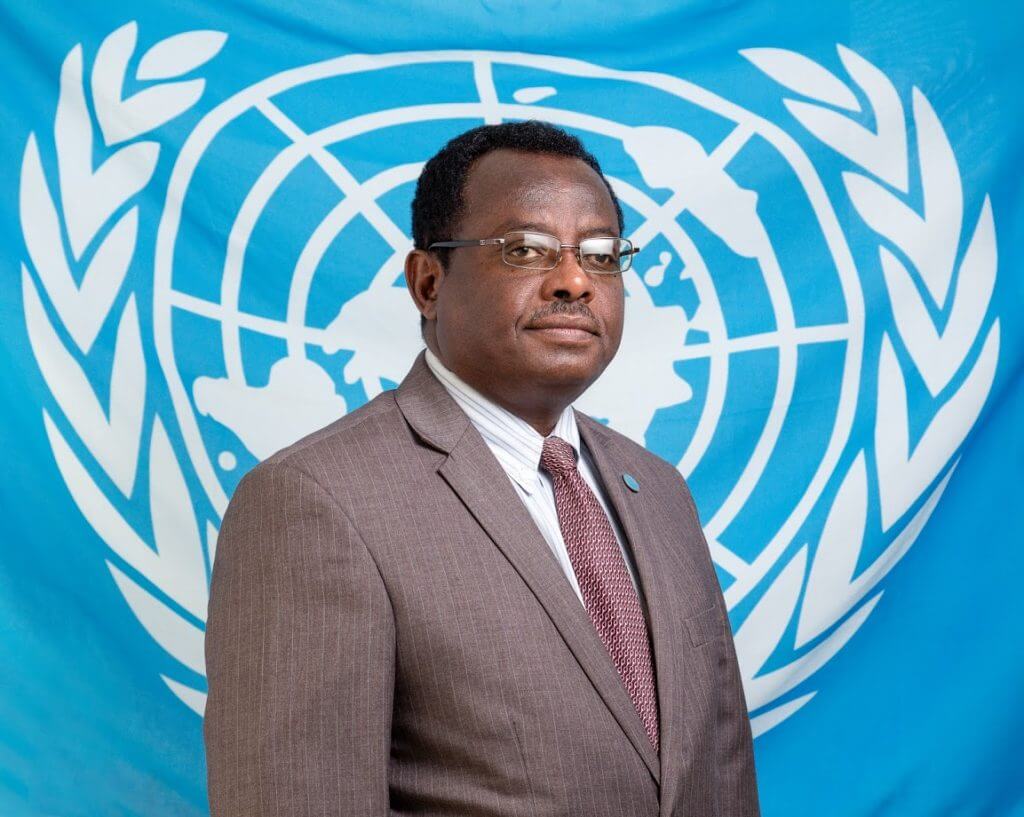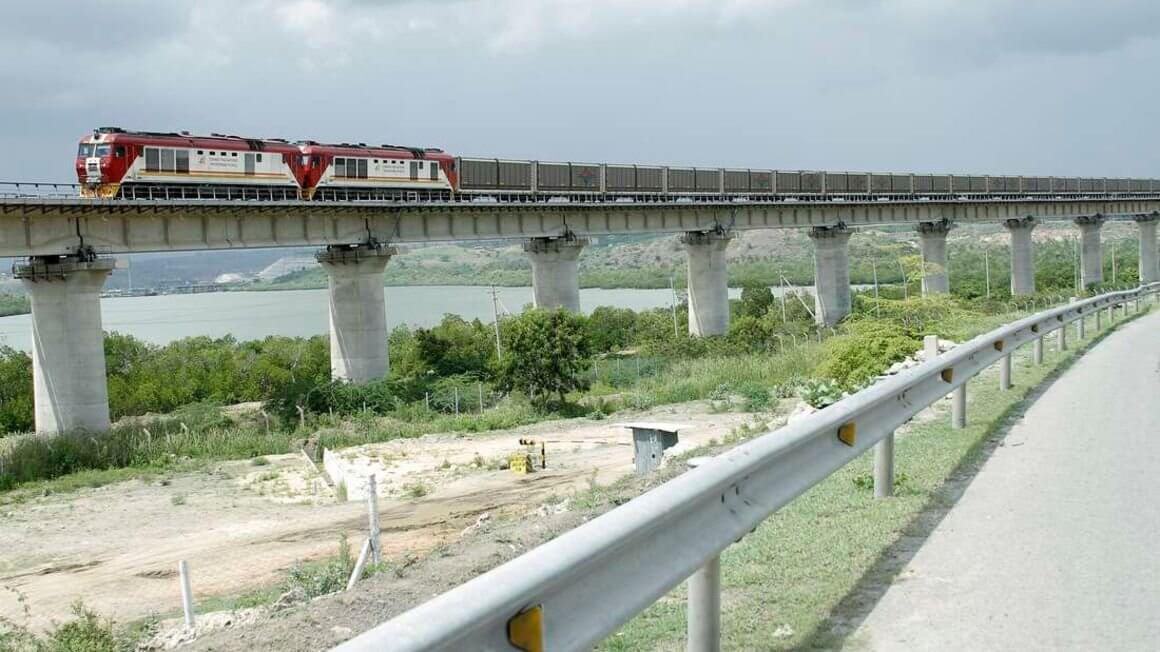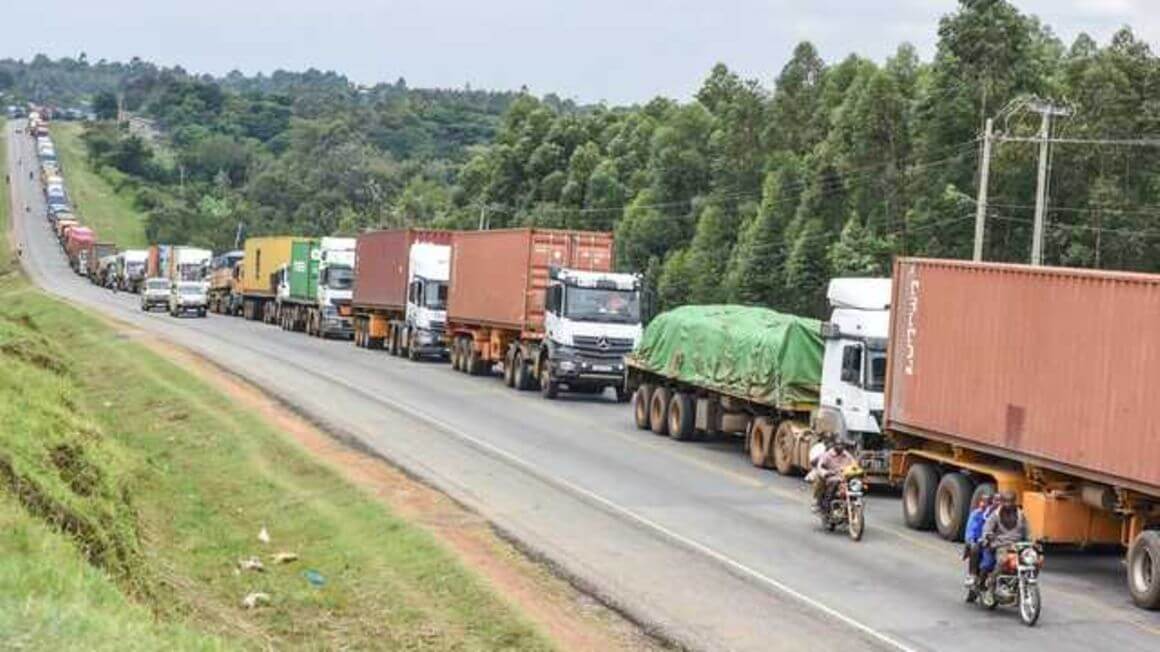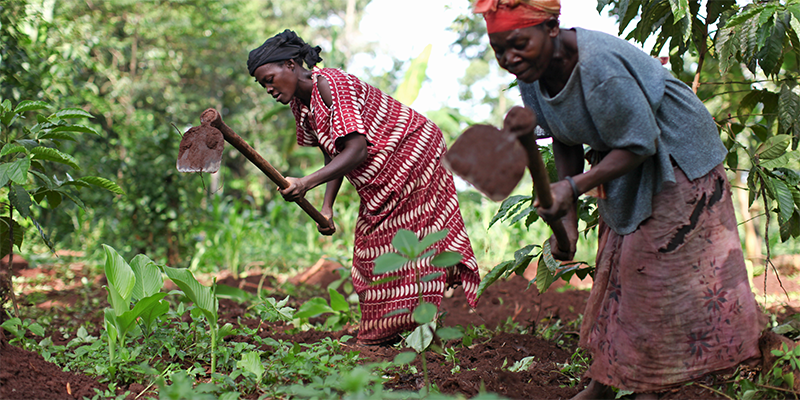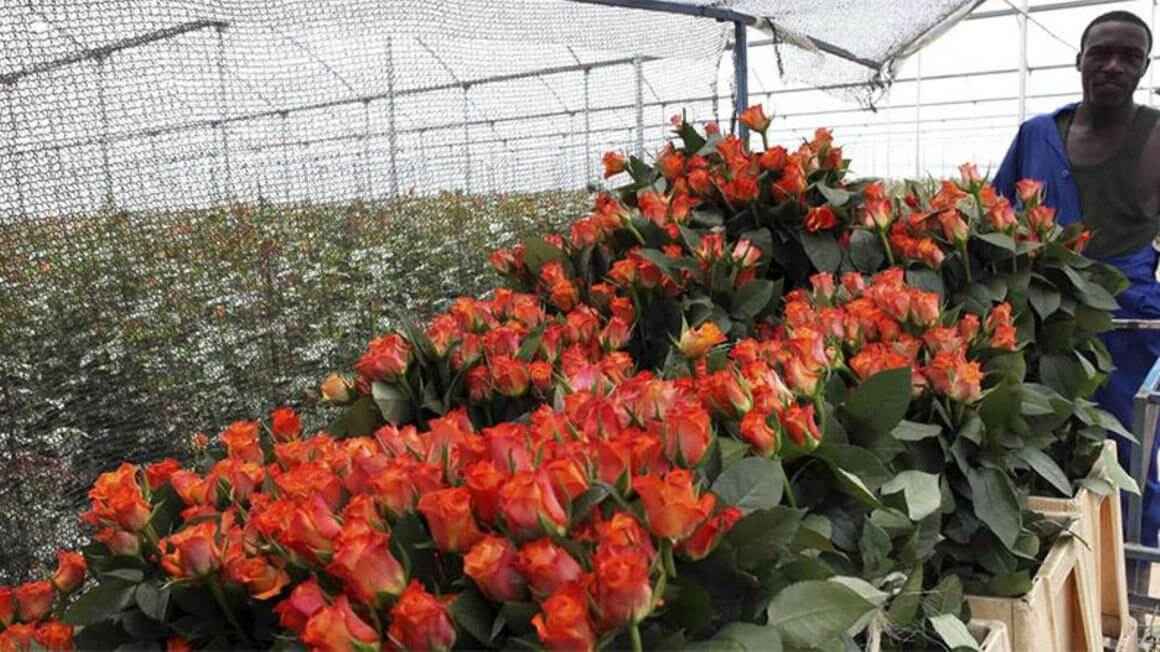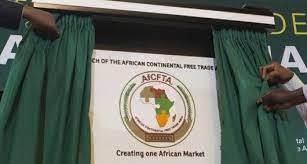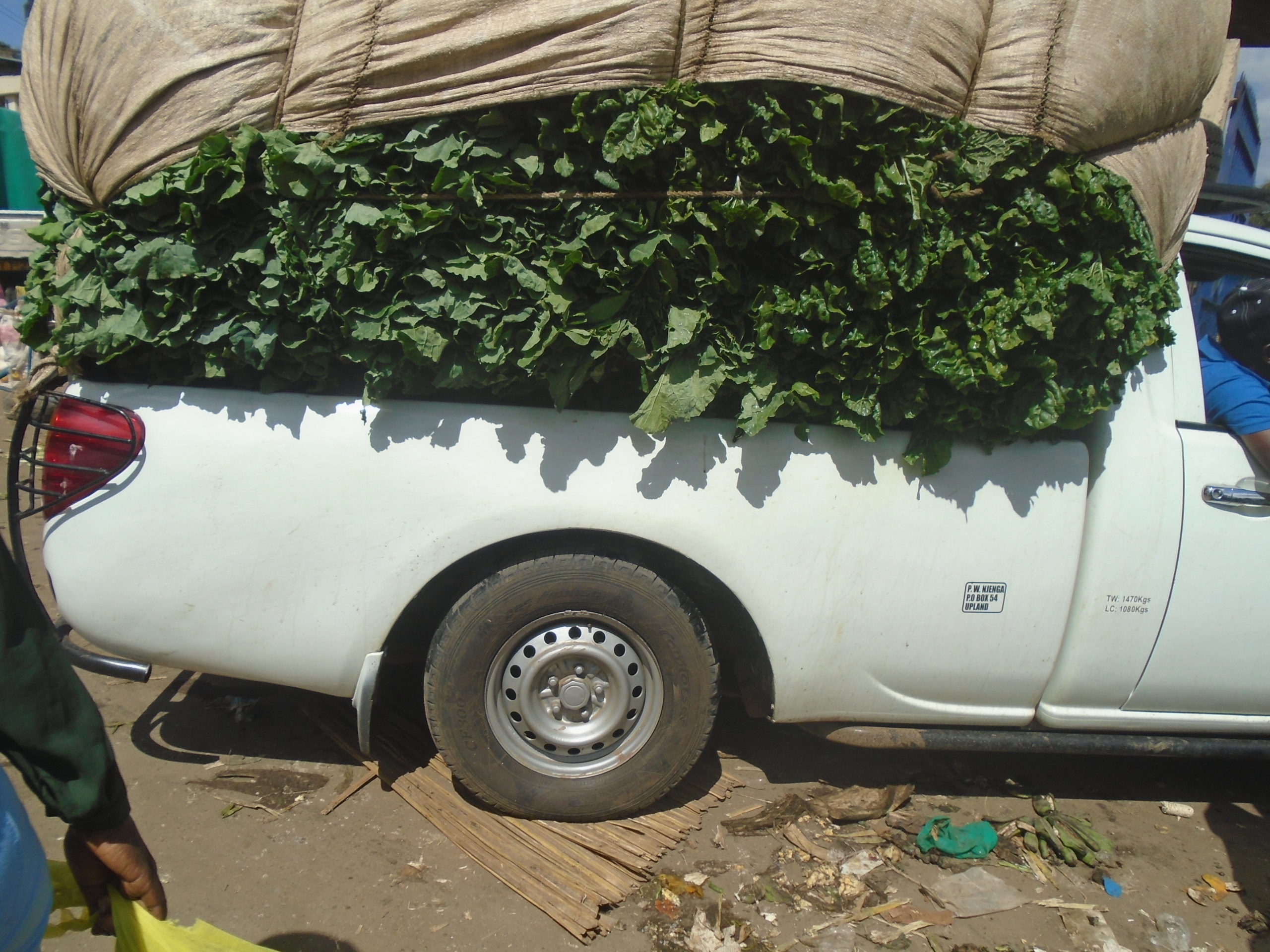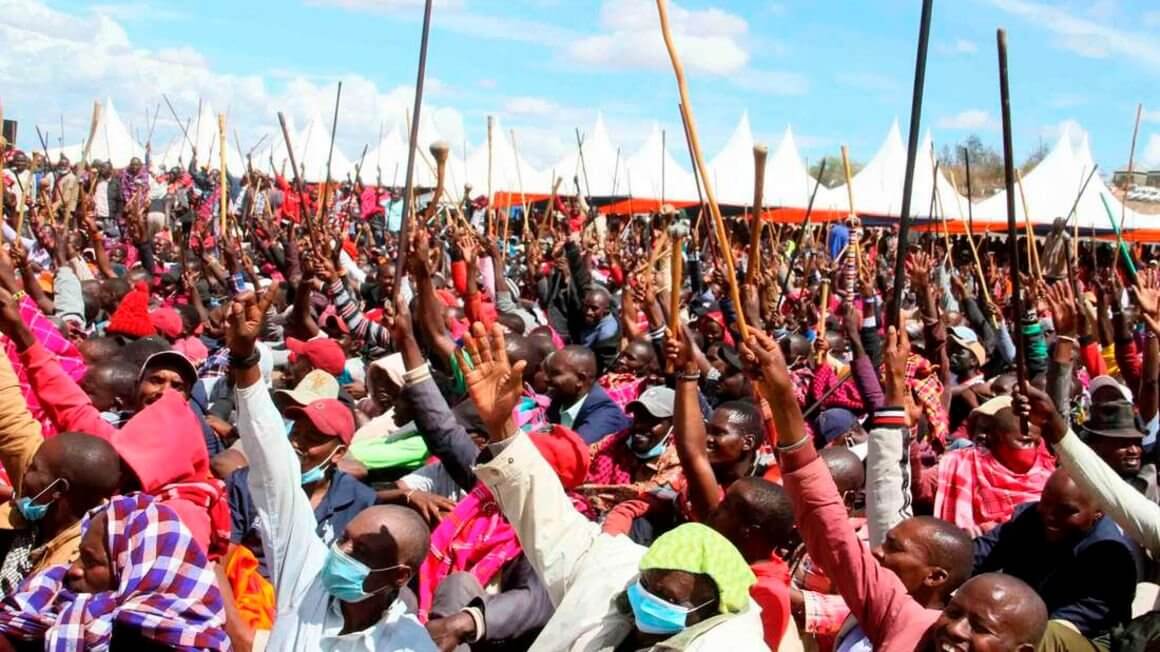Opinion piece by Abebe Haile-Gabriel Assistant Director-General and Regional Representative for Africa Food and Agriculture Organization of the United Nations March 8 is marked around the world as International Women’s Day. For many women in Africa, including those in the agriculture sector, it will be just another day where invisible barriers hold them back from their true potential. At the United Nations Food and Agriculture Organization, we believe that inclusivity and fairness are key to achieving sustainable development in agriculture, and that this objective cannot be obtained without accounting for the central role played by women in the sector, including in agriculture markets, trade and value-chain development. The African Continental Free Trade Area or AfCFTA is a major opportunity to boost economic growth, reduce poverty, and broaden economic inclusion. We must seize this opportunity for gender equality as well. The agricultural and agribusiness market in Africa is undergoing rapid expansion, with its value estimated to reach USD 1 trillion by 2030, according to the World Bank. This represents an immense potential for Africa to boost food and non-food trade within the continent and enhance food security and resilience for all. The AfCFTA has opened up immense new market and trading opportunities to capitalize on this potential. The agreement, signed by 54 African Union member states and covering a market of 1.2 billion consumers, establishes the largest free-trade area in the world since the creation of the World Trade Organization almost 30 years ago. The agreement creates a regional single market...
Seizing the opportunities of the African Continental Free Trade Area for Africa’s women
Posted on: March 14, 2022
Posted on: March 14, 2022

